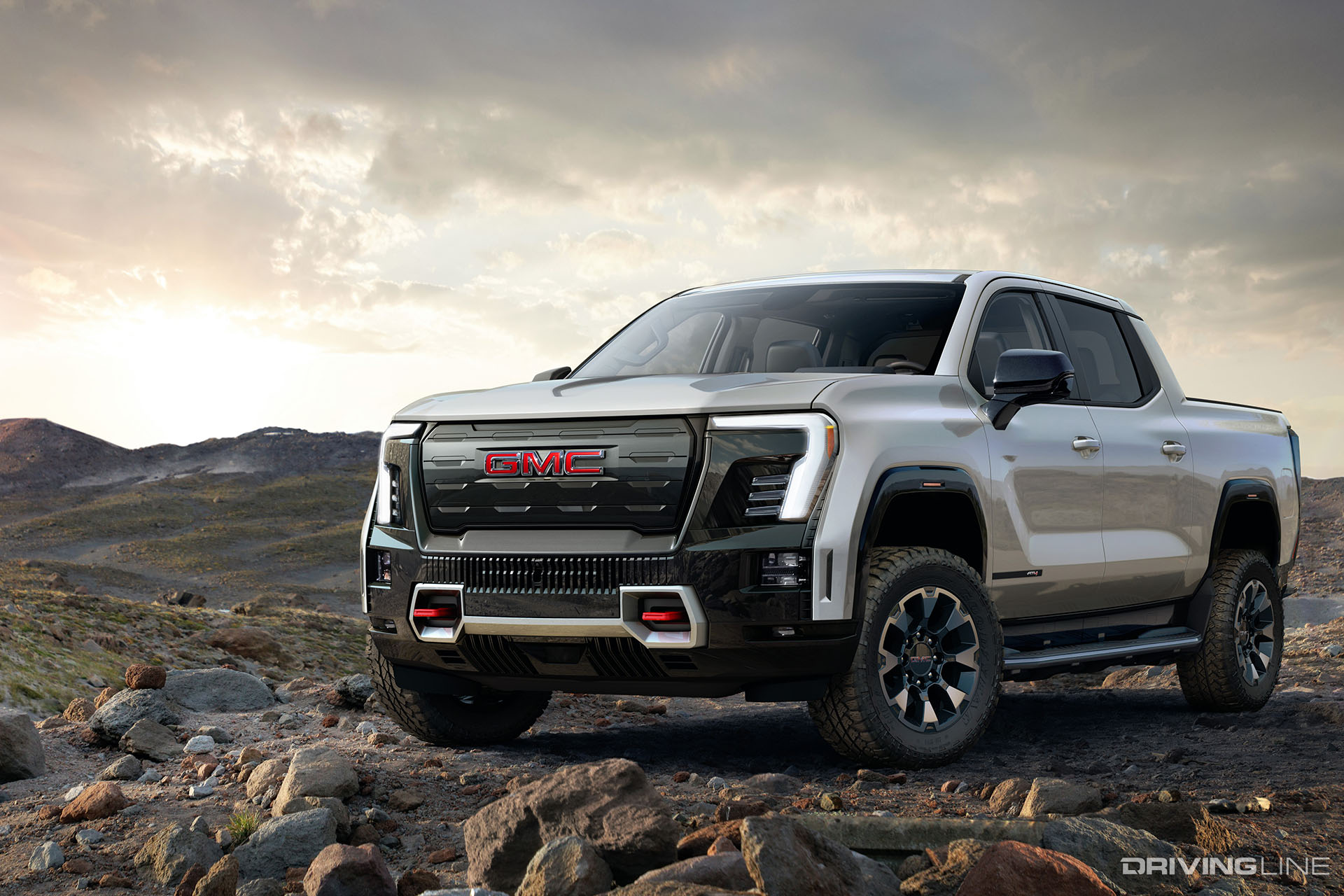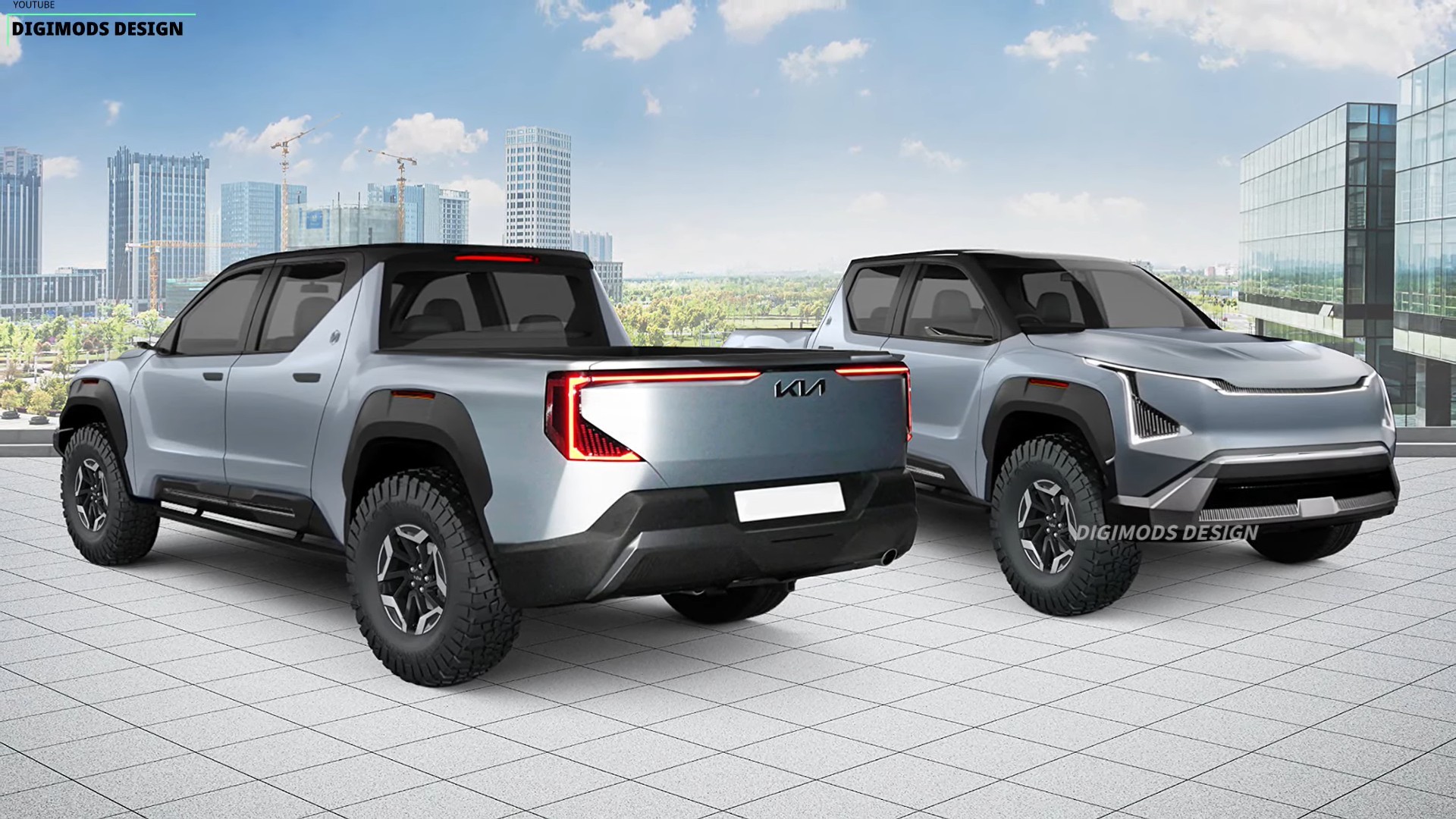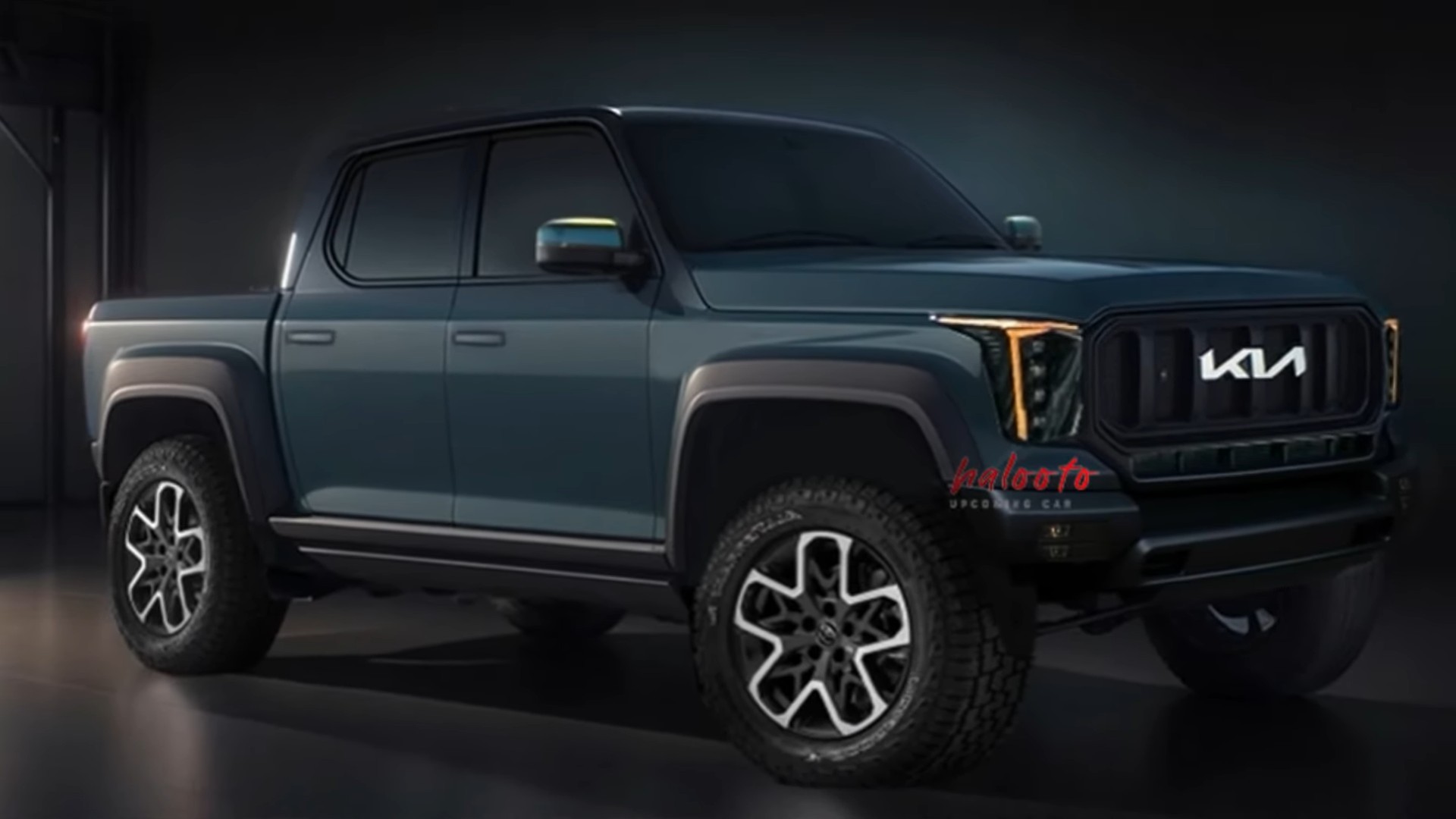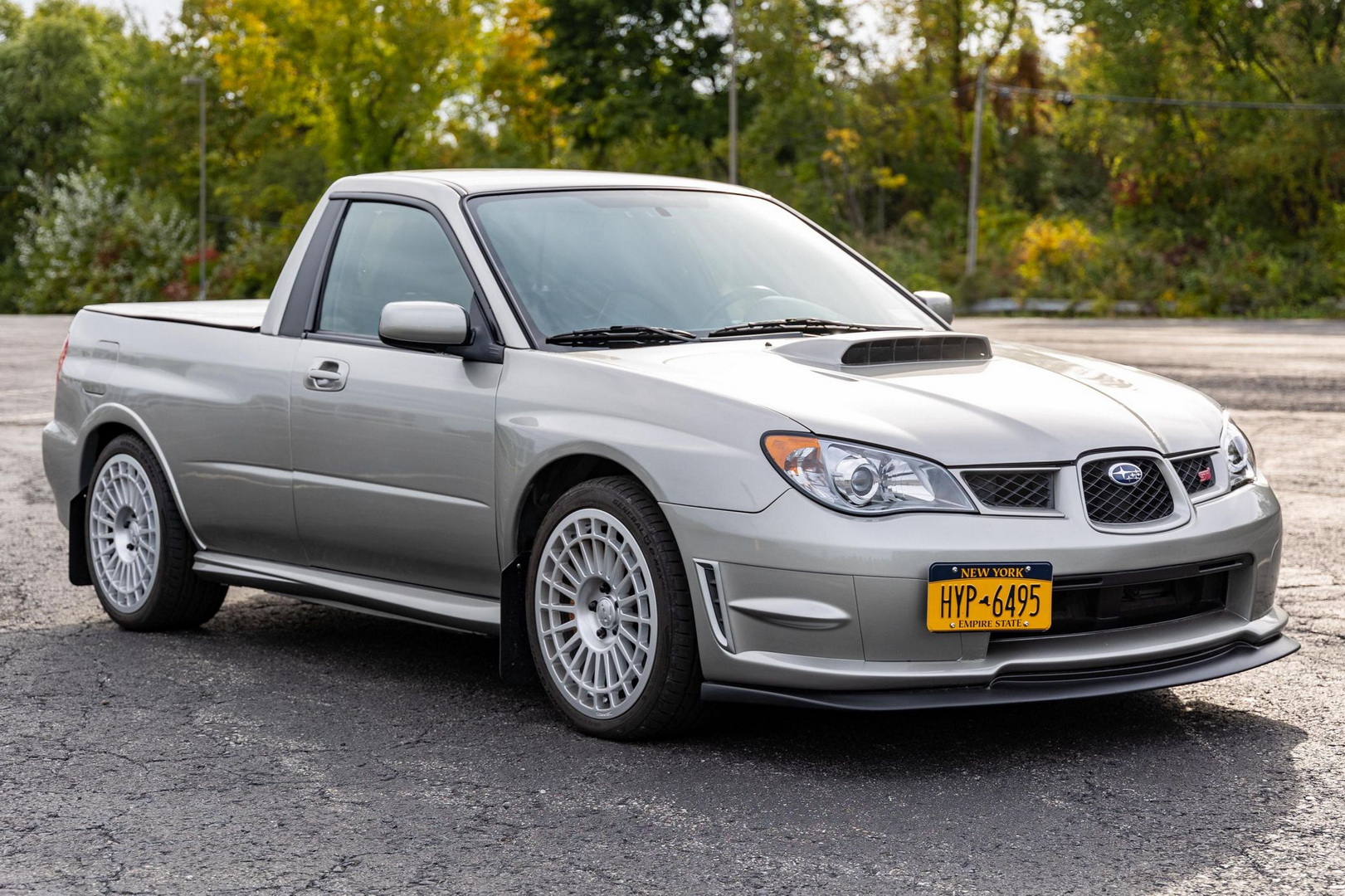Pickup Trucks For Sale By Owner: Your Comprehensive Guide to Smart Private Purchases pickup.truckstrend.com
Introduction: Unlocking Value Beyond the Dealership
The rumble of a powerful engine, the versatility of a spacious bed, and the undeniable utility of a sturdy chassis – pickup trucks hold a special place in the hearts of many, serving as workhorses, adventure vehicles, and daily drivers alike. While dealerships offer convenience, a significant and often more rewarding avenue for acquiring these indispensable machines is through private sellers. "Pickup Trucks For Sale By Owner" refers to the direct transaction between an individual selling their truck and a buyer, bypassing the traditional dealership model. This approach frequently presents opportunities for substantial cost savings, access to a wider variety of models, and the unique advantage of direct communication with the truck’s previous owner.
Pickup Trucks For Sale By Owner: Your Comprehensive Guide to Smart Private Purchases
Buying a pickup truck from a private owner can be a highly effective strategy for securing a great deal, especially if you’re looking for a specific model, a slightly older vintage, or simply want to avoid the overhead costs and sales pressure associated with traditional dealerships. However, it’s a process that demands diligence, research, and a clear understanding of the steps involved. This comprehensive guide will equip you with the knowledge and practical advice needed to navigate the private sale market successfully, ensuring you drive away with a reliable truck that meets your needs and budget.
Why Buy a Pickup Truck By Owner? The Distinct Advantages
Opting for a private sale over a dealership purchase comes with several compelling benefits that appeal to savvy buyers:
- Significant Cost Savings: The most immediate and often the primary motivator is the potential for a lower purchase price. Private sellers typically don’t have the overhead costs (rent, utilities, sales commissions, advertising) that dealerships do. This means they can afford to sell their truck for less, passing those savings directly onto you. There’s also more room for negotiation compared to a dealership’s often rigid pricing structures.
- More Negotiating Power: When dealing directly with an owner, the negotiation process can be more fluid and personal. You’re often dealing with someone who simply wants to sell their vehicle and may be more amenable to reasonable offers, especially if you can point out minor imperfections or needed repairs.
- Wider Selection and Unique Finds: The private market isn’t limited by what’s currently in a dealer’s inventory. You’ll find a vast array of models, trims, and years, including older or discontinued models that might be perfect for your specific needs but are no longer available on dealer lots. You might also stumble upon custom-built or specially modified trucks that wouldn’t be found elsewhere.
- Direct Access to Vehicle History and Owner Insights: One of the greatest advantages is the ability to speak directly with the person who has owned and maintained the truck. They can provide invaluable first-hand information about its history, maintenance schedule, any past accidents, common quirks, and how it was used. This transparency is often difficult to obtain from a dealership, where sales staff may have limited knowledge of a vehicle’s past.
- Less Sales Pressure: Unlike the often high-pressure environment of a dealership, a private sale allows you to take your time, inspect the vehicle thoroughly, and make a decision without feeling rushed or obligated. It’s a more relaxed and direct transaction.

Where to Find Pickup Trucks For Sale By Owner
Locating private sellers requires knowing where to look. The market is vast and diverse, offering multiple avenues to discover your next pickup truck:
- Online Marketplaces and Classifieds: These are arguably the most popular and effective platforms today.
- Craigslist: Still a powerhouse for local private sales, though requires caution due to scams.
- Facebook Marketplace: Highly popular due to its integration with social networks, allowing for quick communication and sometimes insights into the seller’s profile.
- AutoTrader Private Seller: A dedicated section on the well-known AutoTrader site for private listings, often with more detailed vehicle information.
- eBay Motors: Great for a wider geographic search, especially for unique or classic trucks, offering auction or "Buy It Now" options.
- Local Classified Websites: Many smaller towns or regions have their own dedicated online classifieds.

- Traditional Local Advertising: Don’t underestimate the power of "old-school" methods.
- "For Sale" Signs: Trucks parked with a clear "For Sale" sign and contact number are a direct signal. Keep an eye out in your neighborhood or while driving.
- Newspaper Classifieds: While less common than before, local newspapers still carry classified ads, particularly in smaller communities.
- Community Boards: Check bulletin boards at local grocery stores, community centers, or laundromats.
- Word-of-Mouth and Networking: Let friends, family, and colleagues know you’re in the market for a pickup. Someone you know might be planning to sell theirs or know someone who is. Truck clubs or enthusiast groups can also be excellent sources.
- Specialized Forums and Enthusiast Groups: If you have a specific make or model in mind (e.g., Ford F-150, Toyota Tacoma, Ram 1500), joining online forums or Facebook groups dedicated to that truck can be incredibly effective. Members often sell their well-maintained vehicles within these communities.

The Search Process: Defining Your Needs and Doing Your Homework
Before you even start looking at listings, it’s crucial to define what you need and what you can afford. This will narrow your search and prevent wasted time.
- Define Your Needs:
- Purpose: Will it be a daily commuter, a work truck, an off-roader, or for towing?
- Size: Full-size (F-150, Silverado, Ram), mid-size (Tacoma, Ranger, Colorado), or heavy-duty (F-250/350, Silverado/Ram 2500/3500)?
- Cab Style: Regular cab (2-door), extended cab, or crew cab (4-door)?
- Bed Length: Short bed, standard bed, or long bed?
- Drivetrain: 2WD or 4×4 (essential for off-roading or heavy snow)?
- Engine Type: Gasoline (V6, V8) or Diesel?
- Towing/Payload Capacity: Do you need to tow a specific weight or carry heavy loads?
- Features: Leather seats, navigation, specific tech features?
- Set Your Budget: Beyond the purchase price, consider:
- Insurance: Get quotes for specific models you’re considering.
- Registration and Taxes: These vary by state/province.
- Maintenance: Older trucks might require more immediate maintenance.
- Unexpected Repairs: Always have a contingency fund.
- Research Specific Models: Once you have a general idea, delve into specific models and years.
- Reliability: Check consumer reports (e.g., Consumer Reports, J.D. Power, RepairPal) for common issues, recall history, and owner satisfaction.
- Common Problems: Every vehicle has them. Knowing what to look for (e.g., transmission issues in a certain year, rust spots on a particular frame) can save you headaches.
- Resale Value: While you’re buying, consider its future resale value if that’s important to you.
- Understand Vehicle History Reports (VIN Check): This is non-negotiable. Once you find a truck of interest, ask the seller for the Vehicle Identification Number (VIN). Use services like CarFax or AutoCheck to generate a report. These reports can reveal:
- Accident history (minor fender benders to major collisions)
- Flood damage or salvage titles
- Odometer discrepancies (rollback fraud)
- Number of previous owners
- Service and maintenance records (if reported)
- Lien status (ensuring the seller owns it outright)
- Open recalls
Inspecting the Truck: A Step-by-Step Due Diligence Guide
This is where the rubber meets the road. A thorough inspection is paramount when buying from a private seller, as there’s no dealership warranty.
- Initial Contact and Questions (Before Viewing):
- Why are you selling the truck?
- How long have you owned it?
- Are you the original owner?
- Do you have maintenance records?
- Has it ever been in an accident?
- Are there any known mechanical issues or warning lights?
- What’s the lowest you’re willing to go? (Often a good way to gauge flexibility)
- Request the VIN for a history report.
- Exterior Inspection (Daylight is Key):
- Body Panels: Look for dents, scratches, rust, mismatched paint (indicates repaint/accident). Check panel gaps – consistent gaps are good.
- Frame: Crucial for trucks. Look underneath for severe rust, bends, or cracks, especially near suspension mounting points.
- Tires: Check tread depth (use a penny), even wear (uneven wear indicates alignment or suspension issues), and brand/age.
- Lights & Glass: All lights working? Windshield/windows free of major cracks or chips?
- Bed: Look for damage, rust, or signs of heavy use that might indicate its primary purpose.
- Interior Inspection:
- Odor: Musty smells can indicate water leaks or mold. Smoke smells are hard to remove.
- Seats & Upholstery: Tears, stains, excessive wear.
- Electronics: Test all power windows, locks, radio, A/C, heater, navigation, wipers, cruise control.
- Dashboard Lights: Start the truck. All warning lights should illuminate briefly and then turn off. A persistent "Check Engine" or "ABS" light is a red flag.
- Pedals & Steering Wheel: Excessive wear on brake/accelerator pedals or the steering wheel might indicate higher mileage than the odometer suggests.
- Under the Hood: (When the engine is cold, if possible)
- Fluids: Check oil (color, level), transmission fluid, brake fluid, power steering fluid, coolant. Look for leaks.
- Belts & Hoses: Look for cracks, fraying, or bulging.
- Battery: Check for corrosion on terminals.
- General Cleanliness: A very clean engine bay could indicate a recent detailing to hide issues, or just a meticulous owner. A dirty but dry engine is often fine.
- Listen: Start the engine. Listen for unusual noises (knocking, ticking, squealing).
- Underneath the Truck (If Safe and Possible):
- Rust: Pay close attention to the frame, brake lines, fuel lines, exhaust system, and suspension components. Surface rust is common; deep, flaky, structural rust is a serious problem.
- Leaks: Look for drips or wet spots indicating oil, coolant, or transmission fluid leaks.
- Suspension: Check shocks/struts for leaks. Push down on each corner of the truck – it should rebound once or twice, not bounce excessively.
- The Test Drive:
- Cold Start: Ideally, the truck hasn’t been warmed up before you arrive. Listen for any issues when starting cold.
- Varying Speeds: Drive on city streets and highway speeds if possible.
- Brakes: Test them firmly. Any pulling, grinding, or pulsating?
- Steering: Does it pull to one side? Any looseness or strange noises when turning?
- Transmission: Smooth shifts? Any hesitation, slipping, or hard shifts? Test both automatic and manual modes if applicable.
- Suspension: Go over bumps and uneven surfaces. Listen for clunks or rattles.
- Engine Performance: Does it accelerate smoothly? Any hesitation or loss of power?
- Warning Lights: Keep an eye on the dashboard during the drive.
- Professional Pre-Purchase Inspection (PPI):
- Non-Negotiable: This is arguably the most critical step. If the seller refuses a PPI, walk away. Take the truck to an independent mechanic (your choice, not the seller’s) for a thorough inspection. They will put it on a lift, check for underlying issues, and provide an unbiased report. The cost (typically $100-$200) is a small investment that can save you thousands in future repairs or prevent a bad purchase.
Negotiation and Paperwork: Sealing the Deal
Once you’ve found a truck you like and it’s passed inspection, it’s time to talk money and finalize the purchase.
- Be Prepared:
- Know the Market Value: Use resources like Kelley Blue Book (KBB), NADA Guides, or Edmunds to get a realistic value range for the specific make, model, year, and condition.
- Have Funds Ready: If paying cash, a cashier’s check from your bank is generally the safest method. If financing, have your pre-approval letter ready.
- Negotiation Tactics:
- Start Lower: Begin your offer below your target price, but be realistic.
- Justify Your Offer: If the PPI revealed issues, use those as leverage for a lower price. Point out any cosmetic flaws or needed repairs.
- Be Polite and Firm: Maintain a respectful demeanor, but don’t be afraid to stick to your guns if you believe your offer is fair.
- Don’t Rush: Be prepared to walk away if you can’t agree on a price. There will always be other trucks.
- Required Documents:
- Vehicle Title (Pink Slip): This is the most crucial document. Ensure it’s in the seller’s name, free of any liens (a clear title), and physically present. Verify the VIN on the title matches the truck’s VIN.
- Bill of Sale: A written agreement signed by both buyer and seller detailing the sale. It should include:
- Buyer’s and Seller’s full names and addresses
- Date of sale
- Vehicle make, model, year, VIN, and odometer reading
- Purchase price
- A statement that the vehicle is sold "as-is" (common for private sales)
- Signatures of both parties
- Odometer Disclosure Statement: Often part of the title or bill of sale, stating the current mileage is accurate.
- Maintenance Records: If the seller has them, these are invaluable for understanding the truck’s history.
- Payment Methods:
- Cashier’s Check/Certified Check: Issued by a bank, these are generally safe as funds are guaranteed. Meet at the bank if possible for the exchange.
- Escrow Service: For higher-value transactions, an escrow service can hold the funds until all conditions (like title transfer) are met.
- Avoid: Personal checks (can bounce), wire transfers (hard to recover if fraudulent), or large sums of physical cash (security risk).
- Transfer of Ownership:
- DMV/MVA: Immediately after the sale, you’ll need to visit your local Department of Motor Vehicles (or equivalent) to transfer the title into your name, pay sales tax, and register the vehicle.
- Temporary Tags: Some states allow temporary tags to drive the vehicle legally after purchase.
- Insurance: Ensure you have insurance coverage for the truck before driving it off.
Potential Challenges and Solutions
While buying privately offers many benefits, it also comes with unique risks that buyers should be aware of and prepared to mitigate.
- Scams and Fraud:
- Challenge: Fake listings, "curbstoners" (unlicensed dealers posing as private sellers), VIN cloning, title washing (hiding salvage history), or sellers asking for deposits before viewing.
- Solution: Always meet in a public, well-lit place. Never pay a deposit before seeing the truck. Verify the seller’s ID matches the name on the title. Run a comprehensive VIN check. Be wary of deals that seem too good to be true.
- Undisclosed Issues:
- Challenge: The seller might intentionally or unintentionally hide mechanical problems or past damage.
- Solution: This is why a professional pre-purchase inspection (PPI) is non-negotiable. It’s your best defense against buying a "lemon." Also, ask detailed questions and observe the seller’s reactions.
- Financing Difficulties:
- Challenge: Banks are sometimes more hesitant to finance private party sales than dealership purchases.
- Solution: Get pre-approved for a loan from your bank or credit union before you start shopping. Many lenders offer specific "private party" loans.
- No Warranty:
- Challenge: Unlike new or certified pre-owned vehicles from dealerships, private sales are almost always "as-is," meaning no warranty or recourse if something goes wrong after purchase.
- Solution: Factor potential repair costs into your budget. Consider purchasing a third-party extended warranty if available for the specific make/model and year, though these can be expensive and have limitations.
- Title Problems:
- Challenge: The seller doesn’t have the title, the title has a lien on it, or it’s a salvage/rebuilt title that isn’t disclosed.
- Solution: Never buy a truck without a clear, physical title in the seller’s name. A VIN check will reveal lien information and title history (salvage, flood, etc.). If there’s a lien, ensure the seller pays it off and gets a lien release before you hand over money.
Hypothetical Pickup Truck Private Sale Price Guide
Please note: These prices are purely hypothetical and intended for illustrative purposes. Actual prices vary wildly based on geographic location, specific trim levels, options, mileage, maintenance history, and market demand. Always consult current market data (KBB, NADA, Edmunds, recent private sales listings) for accurate pricing.
| Truck Type/Model Example | Year Range | Condition | Estimated Price Range (USD) | Key Considerations |
|---|
